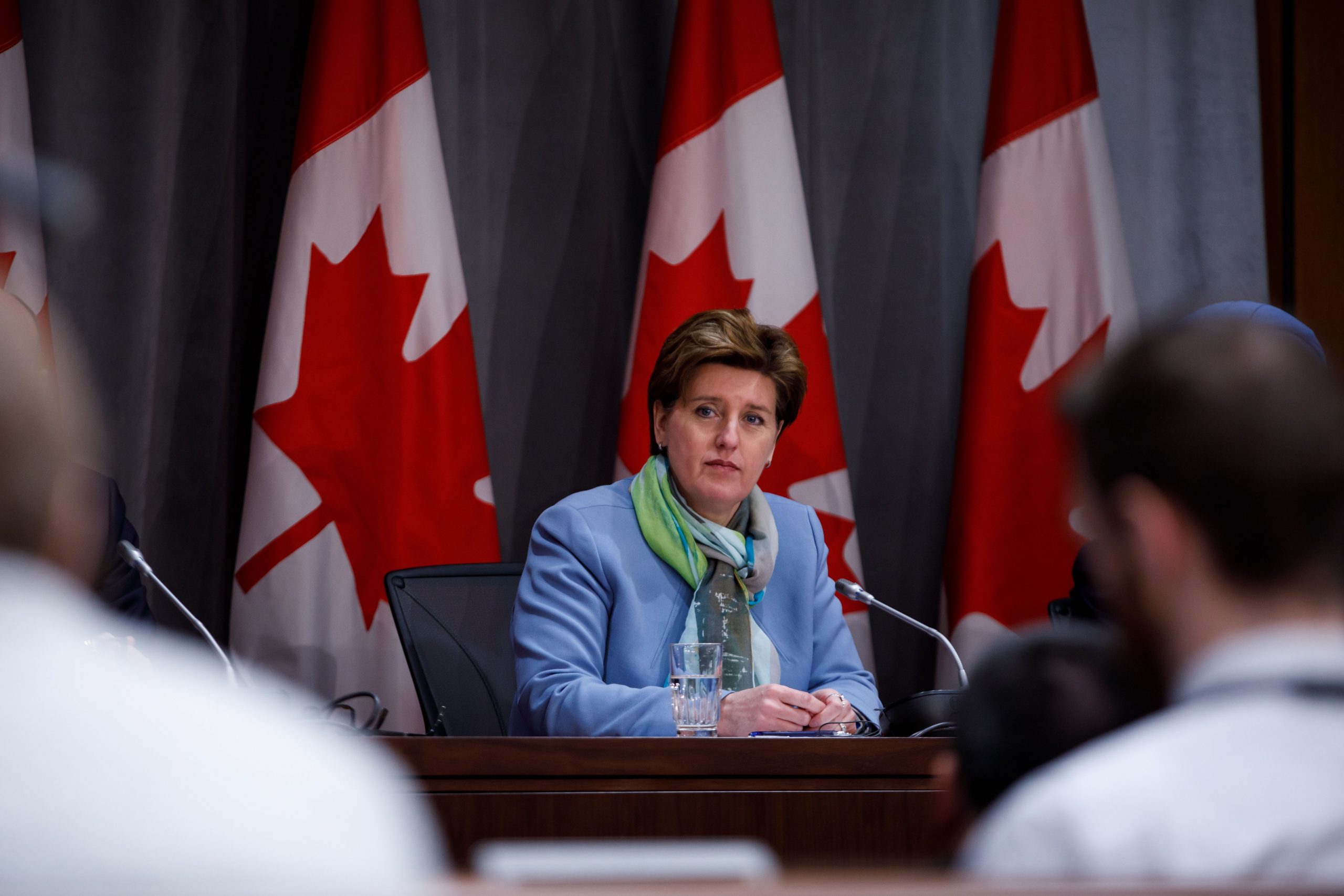About ten days ago, our government unveiled its plan to update the Official Languages Act. Never has a federal government come this far to protect and promote the French language while strengthening its support for linguistic minorities.
I wanted to return to this announcement to emphasize all the work done to reach this reform project. Commissioned by Prime Minister Justin Trudeau, Secretary Melanie Jolie has successfully completed a very complex and rigorous exercise. After the wide consultation that took place in 2019, the right balance had to be found in order to meet the needs and expectations of different societies while remaining within the areas of the federal jurisdiction.
The French-speaking majority in Quebec, to which I belong, lives under the pressure of a minority in Canada and North America, but also in many workplaces and on online platforms that feed us in abundance when the time is right. I had fun. Our language, we are proud of it, we want to protect it and make it shine, it is our identity.
For this reason, I wanted to point out that our government is the first to recognize that the French need to be protected and promoted throughout Canada, including Quebec. Therefore, the reform bill provides for new rights regarding work and service language in companies subject to federal jurisdiction in Quebec and in other regions of the country with a strong Francophone presence.
As a member of Parliament, I got to know our townspeople and now I better understand their realities, including the difficulty in obtaining basic services in their mother tongue. For the 2.1 million Canadians living in a linguistic minority status, the reform project aims to support the vitality of their institutions in sectors such as health, education, culture, immigration and justice.
To adapt to the new digital and Canadian realities, and to support the creation and distribution of content in both languages, our government will also strengthen its support for federal cultural institutions such as Radio-Canada and CBC. In defense of linguistic rights, the Court Challenges Program will be protected and the powers of the Commissioner for Official Languages expanded, which will allow for greater accountability and will protect and support those in a linguistic minority situation.
The reform also aims to encourage bilingualism across the country by facilitating access to French immersion schools outside of Quebec, by supporting federal officials in learning their second language and appointing only bilingual judges to the Supreme Court.
That is why I am proud of our liberal team, who have managed to develop a formal language reform project that acknowledges the needs, expectations and rights of our different societies. Our two official languages are at the heart of Canadian identity and our government will always be there to protect minorities.
Marie-Claude Pepo,
Member of Parliament for Compton Stansted,
Minister of Agriculture and Agri-Food Canada

“Total creator. Evil zombie fan. Food evangelist. Alcohol practitioner. Web aficionado. Passionate beer advocate.”

